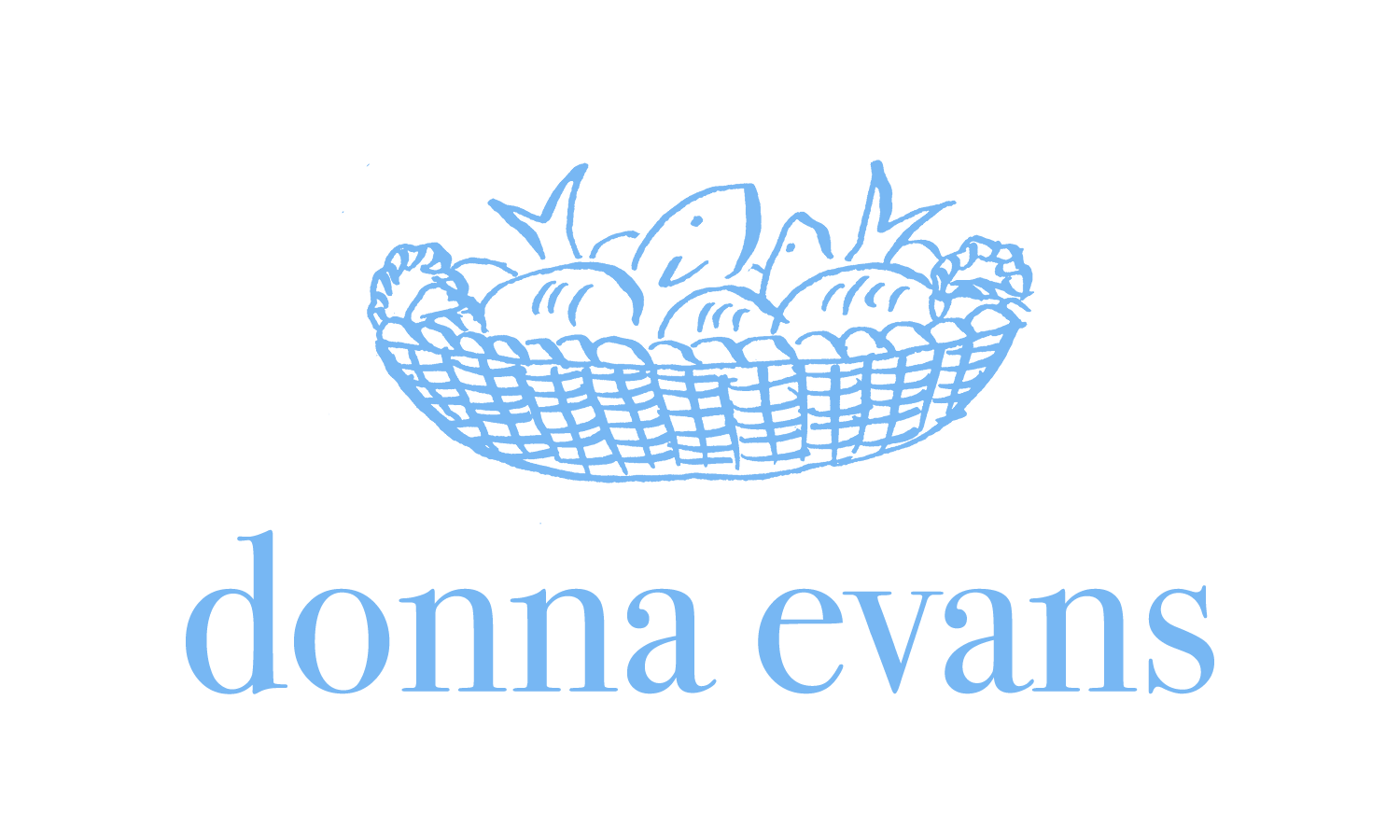Questions and Answers
“Teach and admonish one another with all wisdom.”
Colossians 3:14 (NIV)
Before my retirement four years ago, I had a 35-year healthcare career at a large academic medical center. One of my main reasons for retiring was my desire to spend more time mentoring and investing in others' lives: my granddaughters, young moms, my Bible study women, special needs moms, and those who will one day read the books I hope to write in this season of life.
Recently I spoke to a women’s group on some of the challenges facing Christian workers in both the marketplace and home. Afterwards two younger women reached out and requested a coffee cup conversation. In business, a coffee cup conversation is an effective management tool used to encourage, mentor, train, or coach a new or underperforming employee. It is a non-threatening way to address small problems before they become much bigger. The same principle holds true for discipleship.
In an evangelism class last spring our teacher encouraged us to always engage in active listening. I was unfamiliar with the concept but intrigued. Active listening seeks to:
be fully present in a conversation
ask thoughtful questions
listen, not just to hear, but to understand and
Reflectively respond, not react.
As we role-played in small groups, I quickly realized that active listening is actually quite difficult. It takes practice and discipline to really listen to someone, wait, and not rush to speak. My tendency is to go for the “quick fix,” identify the problem; speak quickly; propose a solution; and move on to the next thing on my to do list. But active listening creates space for meaningful conversation to occur.
I began last week’s coffee cup conversations with, “So, why are we here?”
The two younger women represented different ages and stages of both life and family, but their questions were the same: “How did you do it?” The “it” of course was successfully having a demanding job while raising a large family.
“Day by day, sometimes minute by minute,” I answered.
Other questions quickly followed:
How do I balance work and home?
How do I avoid burnout?
How do I get it all done?
What helps or tips can you offer?
How did you decide which kids’ activities to limit or eliminate?
I offered a few specifics that helped Bruce and me in our busy season of working and raising children, but mainly I just listened. As we ended our conversation, I had one question of my own: “How can I best pray for you?”
Those words were probably the most important words I offered.
I asked my two granddaughters the same question when I took them to lunch last Wednesday. Both Julia and Caroline had just met their new teachers that morning. We celebrated the end of the summer and the start of a new school year by eating lunch at their favorite restaurant. Like coffee, lunch created a listening space for an important conversation.
“Okay, girls. How can Mia best pray for you?” I asked.
Eight-year-old Caroline quickly responded, “We need a cousin!” Much to their dismay, my three granddaughters are the only grandchildren on both sides of their families. They don’t yet have a cousin and desperately want one!
“I can certainly pray for that, Caroline!” I laughed.
“What about you Julia? How can I pray best pray for you this year?” I inquired.
“Pray that I can get it all done,” Julia answered quickly.
Ten-year old Julia’s “all” included her schoolwork, outside activities, home, and church responsibilities, the very same issues facing the women I’d just encountered. It turns out that finding and maintaining our balance is never easy at any age and stage of life.
Author Elisabeth Elliot wisely writes, “Fear arises when we imagine that everything depends on us. We assume burdens God never meant for us to carry. How much better to take whatever is troubling us immediately to God, confess our helplessness and perplexity, and then do the next thing.”
Wherever we are, doing our “it” – whatever “it” is - well without falling apart requires so much more than hard work, simplified meals, organized calendars, and disciplined schedules. We need to keep a quiet heart, one that is desperate and dependent on the Lord declaring day by day, sometimes minute by minute:
Lord, I need You, oh, I need You
Every hour, I need You
My one defense, my righteousness
Oh God, how I need You
(Matt Maher, Lord I Need You lyrics)
Those who are desperate and dependent on God put themselves in a position to be delivered by and delighted in Him. Desperate and dependent: two essentials for keeping a quiet heart and finding our balance.
Oh Lord, how we need you!





